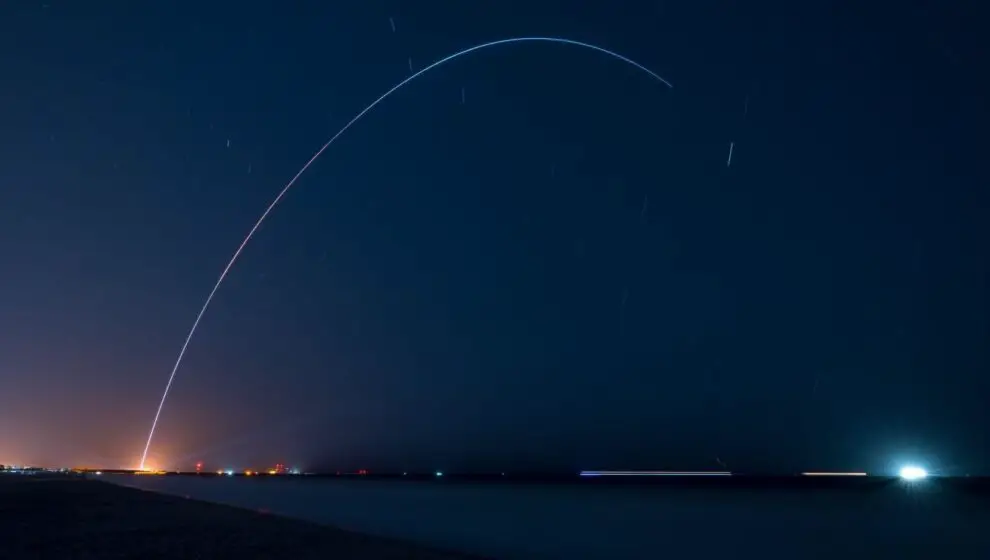Relativity Space is celebrating the partial success of nearly reaching orbit with its first-ever 3D-printed rocket.
Key Details
- Relativity Space launched Terran 1 on Wednesday night from Cape Canaveral, Florida, into the upper atmosphere.
- It was the first successfully launched 3D-printed rocket in history, composed of 85% manufactured materials.
- While the rocket did not reach orbit, it successfully took off, survived the maximum point of intensity (Max-Q), and experienced a successful second-stage separation before an abnormality halted the mission several minutes after liftoff.
- The video feed appeared to show the second stage failing to ignite fully, likely resulting in the launch vehicle falling into the Atlantic Ocean.
Why It’s News
Even as a moderate failure, Wednesday’s launch marks a historic moment in the history of aerospace research and an important development in the history of a company that could come to rival SpaceX’s supremacy over space travel eventually.
Relativity Space celebrated what science journalist Eric Berger describes as “a successful failure” when Terran 1 pushed past Max-Q and continued its burn into low orbit.
The failure to reach the lower orbit was not surprising. In the history of rocketry, there has never been a successful first attempt by a private space company. The company celebrated the publicized and live-streamed first attempt as exceeding expectations.
According to the company, the launch was more than successful enough to justify the company claims that 3D-printing technology can play a role in developing reusable rockets, potentially setting up the company’s upcoming larger Terran R rocket as a rival to SpaceX’s Falcon 9.
Notable Quote
“Today’s launch proved Relativity’s 3D-printed rocket technologies that will enable our next vehicle, Terran R. This is the biggest proof point for our novel additive manufacturing approach. Today is a huge win, with many historic firsts. We will assess flight data and provide public updates over the coming days,” tweeted Relativity Space.
Backing Up A Bit
As we previously reported, Relativity Space already has two more launches scheduled for this year, with Terran 2 and Terran 3 scheduled to begin carrying commercial payloads into space. The company may begin testing and accepting commercial payloads for Terran R this year. It has already contracted over $1.2 billion in future Terran R launches.

